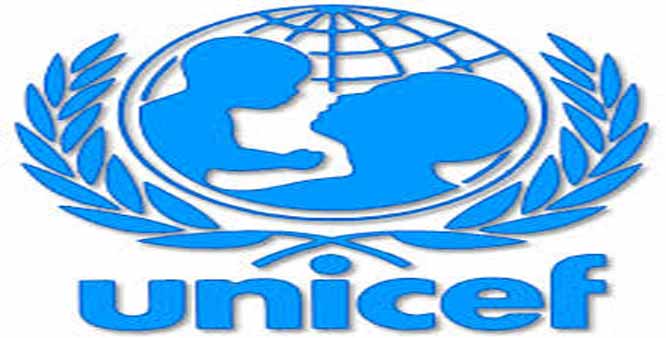In a significant stride towards improved public health and sanitation, a traditional ruler in Benue State, Nigeria, has publicly endorsed the campaign to eradicate open defecation, a practice with dire health implications. Tyo-or Tsambe Ward, Tyav Aondoakaa, of the Gbem Tsambe Council Ward in Vandeikya Local Government Area, expressed his strong support for the initiative spearheaded by the United Nations Children’s Fund (UNICEF) and its partners. Addressing his subjects during promotional market campaigns organized across twelve wards in the council, the monarch urged his community to embrace the construction and use of toilets within their homes, emphasizing this as a crucial step towards curbing the spread of diseases linked to open defecation. The monarch’s endorsement carries substantial weight within the community and is expected to significantly influence the adoption of improved sanitation practices.
The collaborative effort between the Benue State Rural Water Supply and Sanitation Agency (RUWWASSA), UNICEF, and LIXIL, the sponsor, underscores a concerted approach towards addressing this critical public health issue. The campaigns, held in bustling market settings to maximize outreach, aimed to raise awareness about the dangers of open defecation and promote the benefits of safe sanitation practices. The monarch’s active participation and public endorsement of the campaign signal a high level of community engagement, crucial for the success of such initiatives. His gratitude towards UNICEF for bringing the campaign to his community highlights the importance of external support and collaboration in driving positive change within local communities.
Acting General Manager of Benue RUWWASSA, Mr. Tony Mkpen, echoed the monarch’s sentiments, commending the community’s enthusiastic response to the campaign. The large turnout at the events, he noted, indicated a positive reception to the message and the potential for widespread adoption of improved sanitation practices. He also expressed appreciation to LIXIL for their financial support and UNICEF for their ongoing advocacy for children and women’s well-being in Benue State. Mr. Mkpen’s remarks underscore the power of collective action and the importance of partnerships between government agencies, international organizations, and private sector entities in achieving public health goals.
The campaign organizers emphasized the wide-ranging benefits of adopting improved sanitation, encompassing social, economic, health, and environmental dimensions. Nanen Gangese, the team lead, highlighted the critical link between open defecation and the spread of diseases like diarrhea, cholera, dysentery, and typhoid fever. By promoting the construction and use of toilets, the campaign aimed not only to improve sanitation but also to mitigate the health risks associated with open defecation. This multi-pronged approach underscores the understanding that improved sanitation is not merely a matter of hygiene but a critical factor in overall community health and well-being.
The principal of Universal Basic Education, Junior Secondary School, Gbem Tsambe, expressed his strong approval of the campaign, describing it as a monumental development for the community. This endorsement from a key educational figure highlights the potential of the campaign to reach younger generations and instill positive sanitation habits early in life. By integrating sanitation education within the school curriculum, there is a greater likelihood of creating lasting behavioral change that extends beyond the immediate community.
In conclusion, the campaign to end open defecation in Benue State represents a significant step towards improving public health and community well-being. The combined efforts of UNICEF, RUWWASSA, LIXIL, and the active support of local leaders like Tyo-or Tsambe Ward, Tyav Aondoakaa, demonstrate the potential of collaborative initiatives to address critical public health challenges. By raising awareness, promoting the construction of toilets, and emphasizing the health and social benefits of improved sanitation, the campaign aims to create a healthier, safer, and more prosperous future for the communities of Benue State. The high level of community engagement and the support from key figures within the education system provide a strong foundation for achieving lasting change and eradicating open defecation within the region.














